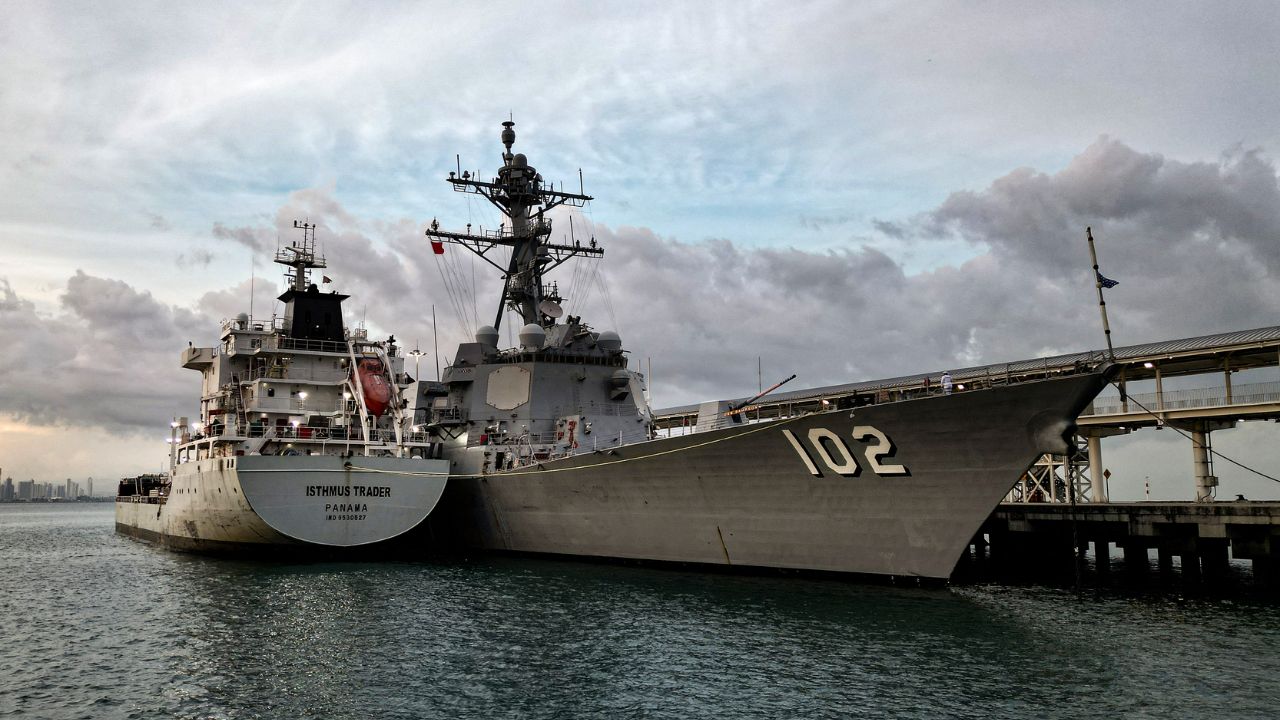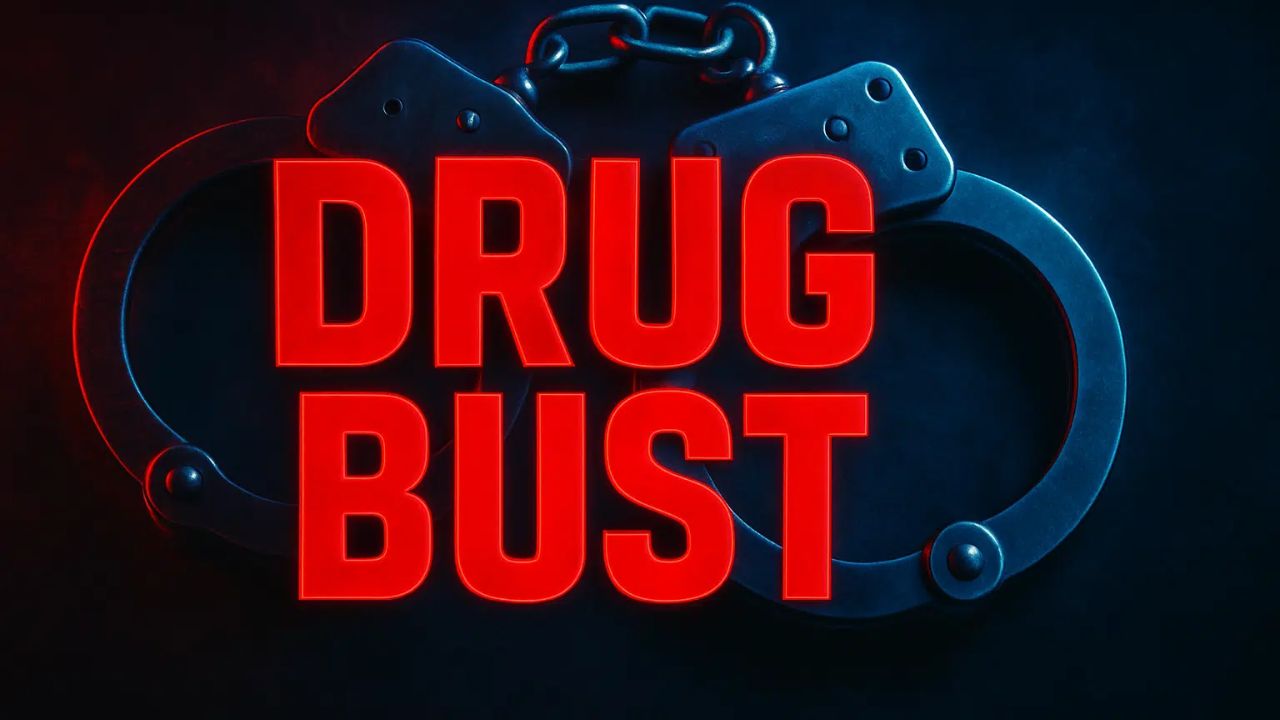Washington, D.C. – The Republican Party is standing firm behind President Donald Trump’s decision to use U.S. military force against suspected drug boats operating in the Caribbean, a move that has reignited debate over the limits of presidential power and the legality of such operations.
Republicans Defend Trump’s Strategy
Despite criticism from Democrats and some legal experts, several GOP lawmakers argue the strikes are necessary to protect Americans from the deadly influx of drugs entering the United States.
“We are taking the fight out to the seas where it needs to be,” said Rep. Beth Van Duyne (R-Texas) in an interview with The Center Square. “We’re seeing hundreds of thousands of people who are being murdered by drugs. They’re illegally pouring in over our borders.”
Her remarks came after Senate Republicans blocked a Democrat-backed proposal that would have required Trump to seek congressional approval before authorizing military strikes on suspected drug vessels. The measure failed 51–48, with Sens. Lisa Murkowski (R-Alaska) and Rand Paul (R-Ky.) joining Democrats in support, while Sen. John Fetterman (D-Pa.) sided with Republicans to defeat it. Sen. Ted Cruz (R-Texas) did not vote.
Trump’s New War on Drugs
The latest campaign marks a sharp shift in U.S. anti-drug strategy. Instead of intercepting vessels and making arrests, Trump has authorized direct military strikes on suspected traffickers.
According to a confidential notice sent to Congress, the administration declared the United States is in a “non-international armed conflict” with designated foreign terrorist organizations linked to drug cartels. Trump instructed the Department of War to carry out operations “pursuant to the law of armed conflict.”
Between September 2 and October 3, four strikes targeted drug-running boats in the Caribbean, killing 21 people in total. The Venezuelan gang Tren de Aragua was identified as one of the primary smuggling groups.
Details of the Strikes
- Sept. 2: 11 killed
- Sept. 15: 3 killed
- Sept. 19: 3 killed
- Oct. 3: 4 killed
After one strike, the Dominican Republic’s National Drug Control Directorate and Navy seized 377 packages of suspected cocaine about 80 nautical miles south of Beata Island.
Videos of the attacks were later shared on social media by both Trump and Secretary of War Pete Hegseth, underscoring the administration’s message of taking decisive action against cartels.
Legal and Political Pushback
Critics say the strikes are unconstitutional and could set a dangerous precedent for future administrations. David Bier, director of immigration studies at the Cato Institute, said the move violates both domestic and international law.
“The strikes are both illegal and unconstitutional,” Bier told The Center Square. “The military may not intentionally kill civilians, and Congress has not authorized war in this case.”
At a recent hearing, Attorney General Pam Bondi declined to confirm whether her department had advised the White House on the legal basis for the attacks, citing confidentiality.
International Reaction
The strikes have also drawn condemnation abroad. Colombian President Gustavo Petro called the operations a “new war scenario” in the Caribbean and alleged that Colombian citizens were among the casualties.
“There is no war against smuggling; what there is is a war for oil,” Petro said on X, urging international intervention.
The White House rejected Petro’s claims, calling them “false and inflammatory.” Petro later proposed that Qatar act as a mediator to help end the attacks.
Trump Says Strategy Is Working
Despite controversy, Trump insists the military approach is delivering results. He pointed to a sharp drop in boat traffic in the Caribbean as proof that his tactics are effective.
However, Bier countered that claim, saying, “It will certainly reduce trafficking by boats near Venezuela, but will do little to reduce the overall supply entering the United States. Drug trafficking is a global phenomenon with many routes.”
The Pentagon has not released further details about the ongoing operations due to the partial government shutdown.
What do you think of this approach to combating drug trafficking? Share your thoughts in the comments below.




